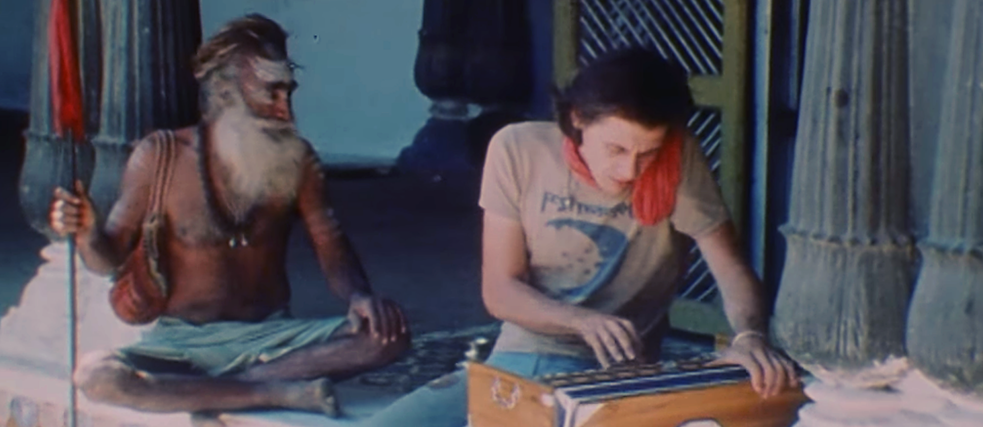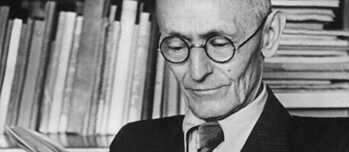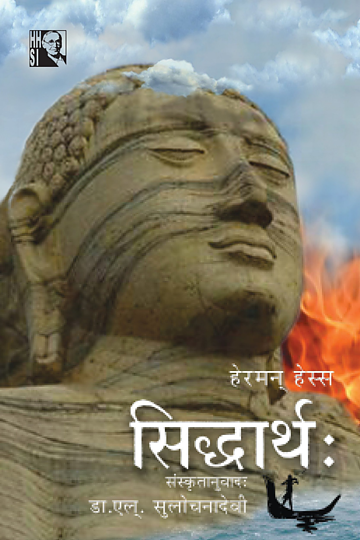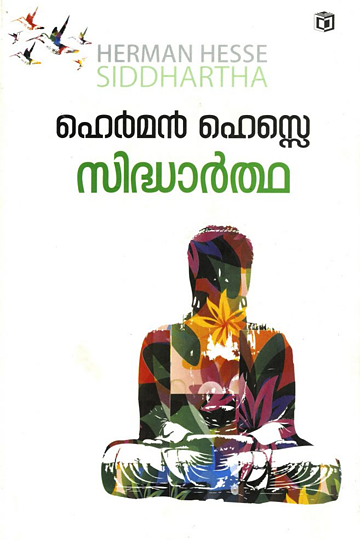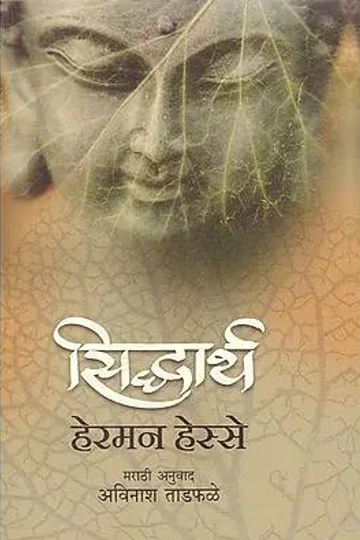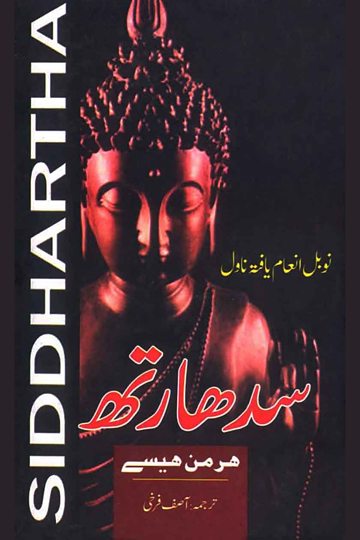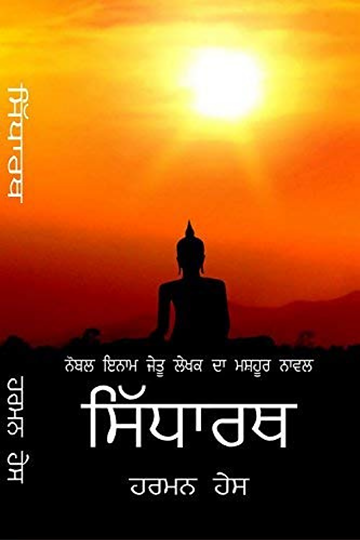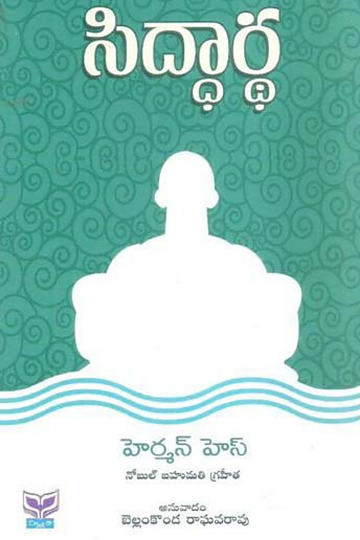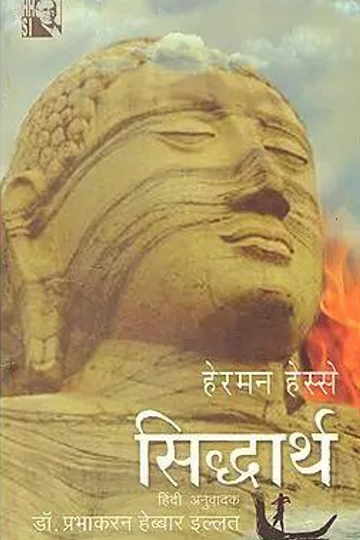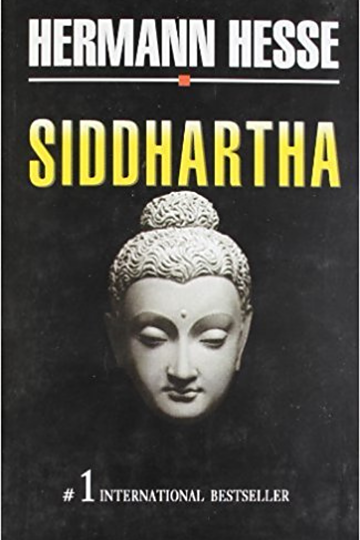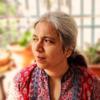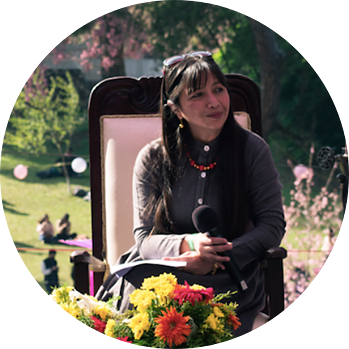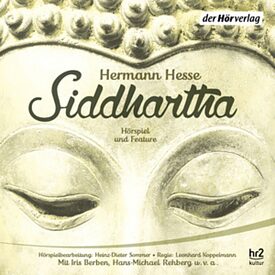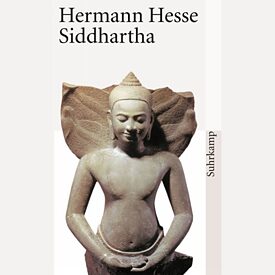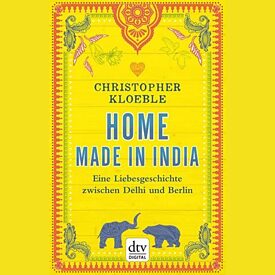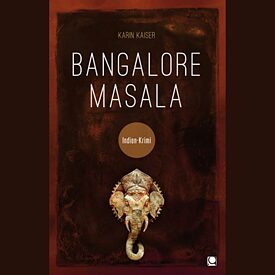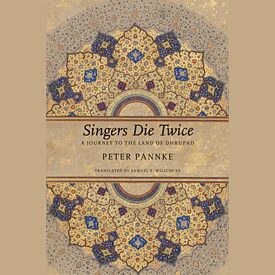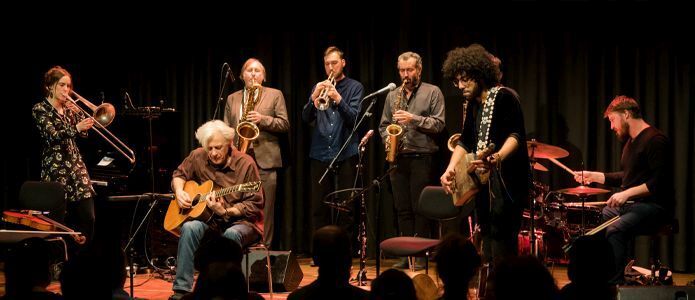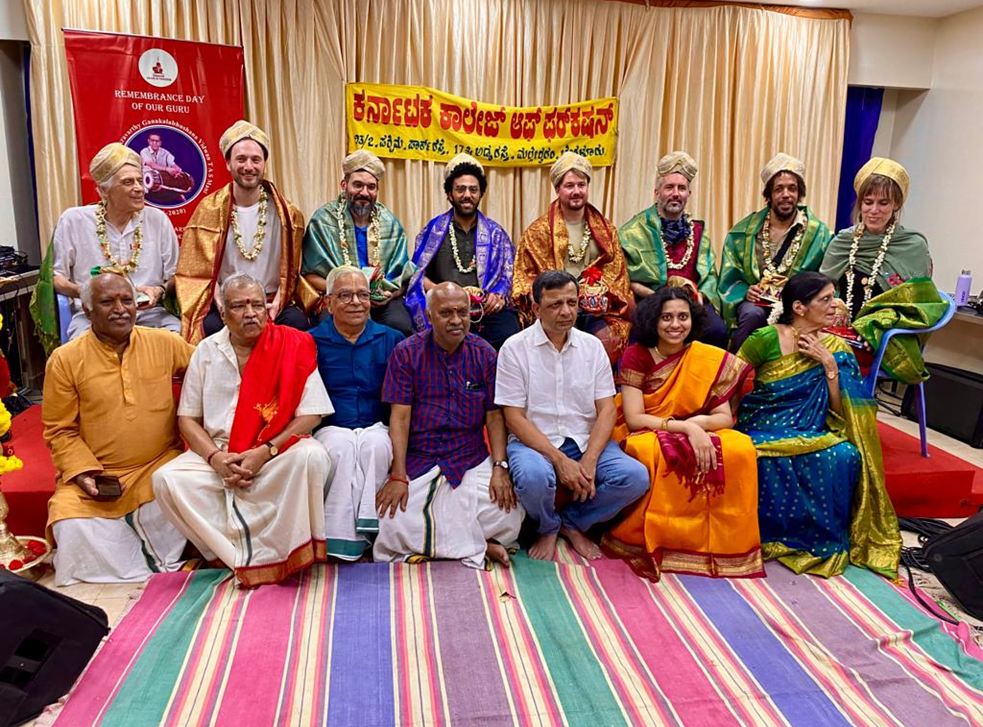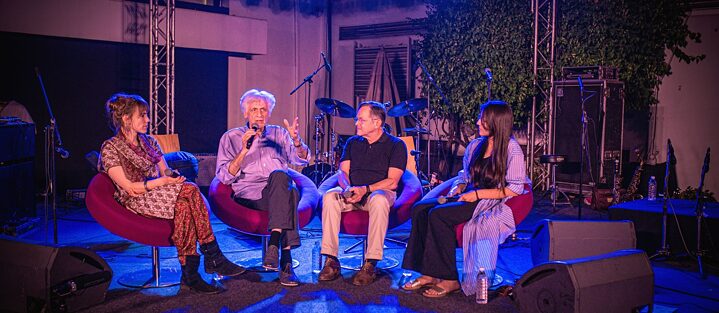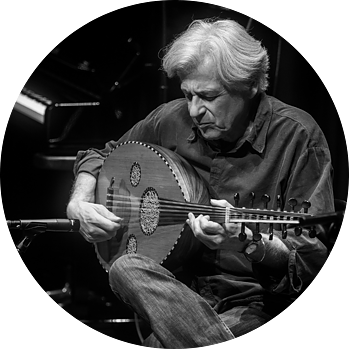Hermann Hesse's novel Siddhartha, published in 1922, is part of the tradition of enthusiastic romanticism about India in Germany. The novel also had a formative influence on a later phase of India euphoria, which saw thousands of young people from Europe and the U.S. embark on journeys to India and Afghanistan in the 1960s and 1970s. How did Siddhartha shape the image of India in Germany? On the occasion of 100 years of Siddhartha, contributions on the mutual reception of South Asia and Germany are brought together here - in literature, music, film and everyday culture.
Siddhartha in Translation
The popularity of Siddhartha is prevalent from a large number of translations in the various South-Asian languages.
The german fascination with the Indian subcontinent can be vividly witnessed in the works German-speaking writers with the onset of the 18 century, as well as in the works of writers like Hermann Hesse and Günther Grass. In their texts they not only reflect the general image of India of that time, but also their own cultural paradigms.
There is no understanding without prejudices - so famously argued the German philosopher Karl Jaspers, an admirer of Indian philosophy. In a similar way, one could argue that there is no engagement with another culture without projections. In this literary dialogue series, we invite artists from literature and other fields to explore the role of projections in intercultural encounters. Do we need them at all? If so, are they merely negative, or can projections be productive as well? How do projections manifest themselves in literature?
Music has been a continuous agent of interaction between local and international interests, an expression of liquid modernity. Southasia and Germany resonate as cosmopolitan spaces for intercultural transnational exchanges, with live music events and festivals mushrooming since the 1960s. A burgeoning interest can be recapitulated with JISR, a German band that toured South Asia in the late 1960s, with Afghanistan and India as important cultural stops. What once were just palatable teasers are now a regular delight, with music becoming increasingly fluid since the very dawn of the 21st century.
JISR - on tour in South Asia
In 2016, Ramdan came from Morocco to Munich to study German where he founded the group with two refugee Syrians. Marja Buchard is also a Jisr band member. The multi-instrumentalist is the leader of Embryo, a world music group founded by her father Christian Burchard in 1969, which she took over in 2016 and has continued to lead since his death in 2018.
In March 2022, Jisr will tour South Asia at the invitation of the Goethe-Institut - with stops in Colombo, Karachi, Dhaka, Kolkata, Delhi, Chennai and Bangalore.
EMBRYO
The band Embryo was founded in 1969 by multi-instrumentalists Christian Burchard and Edgar Hofmann in Munich. The two are considered to be the pioneers of the so-called Krautrock in the 1960s. The band travelled overland from Germany to India and Afghanistan in 1979. Since then, the band has been intensively involved with Indian, Afghan and also African music. To this day, the band combines jazz with rhythms and instruments from India, Africa and the Arab world.
Marja Burchard, the co-founder of the band Jisr, took over the leadership of Embryo from her father Christian Burchard in 2016.
